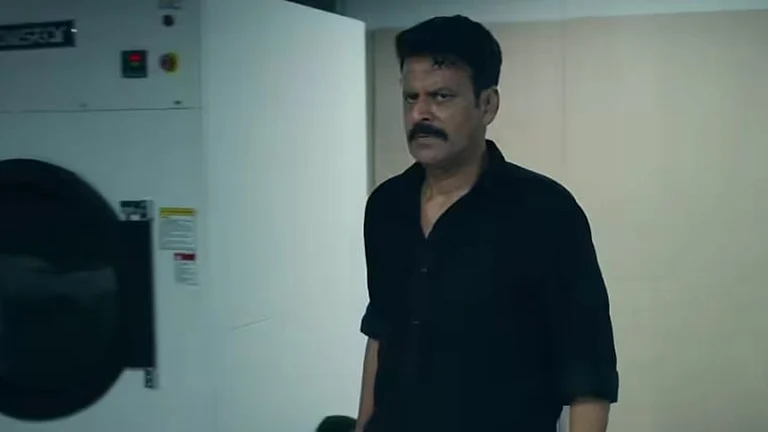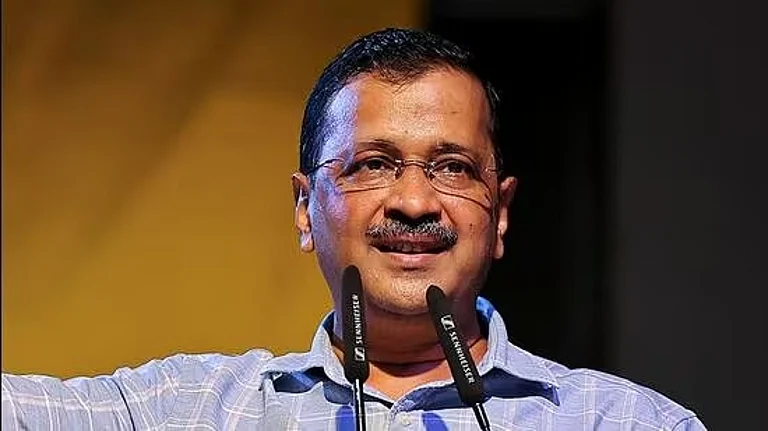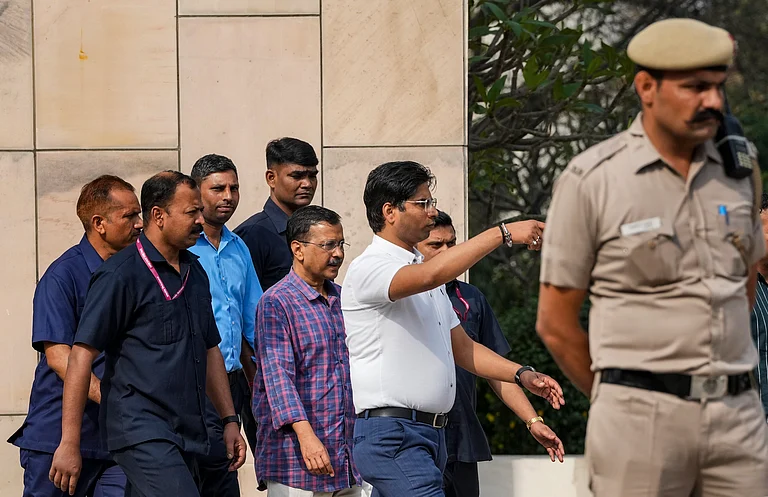The Delhi High Court on Tuesday rejected Delhi's sitting Chief Minister Arvind Kejriwal's plea challenging his arrest in a money laundering case linked with the alleged excise scam by the central probe agency Enforcement Directorate and stated that Kejriwal had 'conspired' and was 'involved in use of proceeds of crime'.
Apart from his arrest in the excise policy case, Kejriwal who is currently held in Tihar jail, also contested his further detention in the custody of the Enforcement Directorate but the court said that his remand was 'not illegal'.
What did the Delhi HC say?
Justice Swarana Kanta Sharma who read out the judgement for 25 minutes, said that the Enforcement Directorate was in possession of "enough material" which led to Kejriwal's arrest, and the trial court remanded him in the custody of the agency by a well-reasoned order.
"The court is of the view that the arrest of Arvind Kejriwal was not in contravention of legal provisions. The remand can't be held to be illegal," said Justice Sharma while delivering the verdict.
According to reports, Delhi High Court said that questioning the method of recording the approver's statement would be seen as criticizing the Court and the judge. This is a common occurrence in many cases, both in the past and in the future.
The argument that Kejriwal could have been questioned via video conference should be dismissed. It is not the responsibility of the accused to dictate how the investigation is conducted, added the HC.
The convenience of the accused cannot be the determining factor. This court will not establish different standards of law for the general public and public officials. There cannot be any specific privilege for any one including the Chief Minister, said Delhi High Court
It also stated that the law of approver has been in existence for more than a century, rather than just one year. It cannot be suggested that this law was created specifically 'implicate the present petitioner'.
Kejriwal has been arrested in a money laundering case and the court has to examine his arrest and remand as per law irrespective of the timing of the elections, said the Delhi High Court.
"This court observed that political considerations and equations cannot be brought before a court of law as they are not relevant for legal proceedings. In the case at hand, it is important to clarify that the matter before this court is not a conflict between the central government and petitioner Kejriwal. Instead it is a case between Kejriwal and Directorate of Enforcement," Justice Sharma said.
Apart from his , the Aam Admi Party chief, who is currently lodged in Tihar Jail, has also challenged his subsequent remand in ED custody.
Besides the Delhi HC verdict, on Tuesday, Delhi's Rouse Avenue Court will also pronounce its verdict on Kejriwal's plea seeking additional time to meet with his lawyers.
The ED-Kejriwal conflict
Earlier, while challenging his arrest, the Aam Aadmi Party (AAP) national convener did question the "timing" of his arrest by the agency while citing it was violating the basic structure of the Constitution, including democracy, free and fair elections, and level playing field.
However, opposing the plea at the Delhi High Court, the Enforcement Directorate claimed that the Delhi CM could not claim "immunity" from arrest on the ground of upcoming elections as the law is applied equally to him and an 'aam aadmi'.
ED arrested Kejriwal on March 21 following the Delhi High Court's refusal to grant him protection from coercive action by the federal anti-money laundering agency.
He was sent to judicial custody in the case on April 1 after he was produced in the trial court on expiry of Enforcement Directorate's custody




























